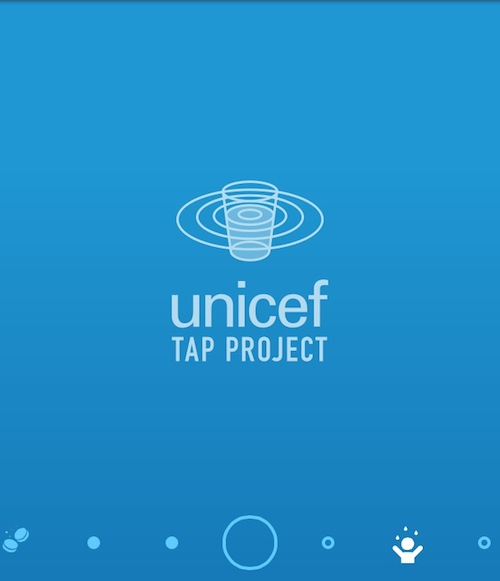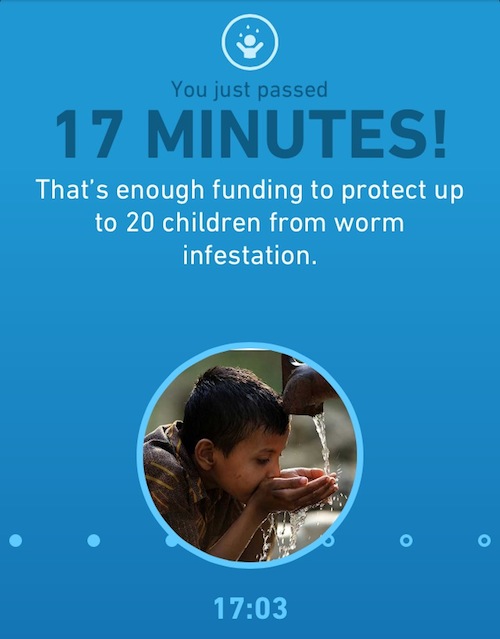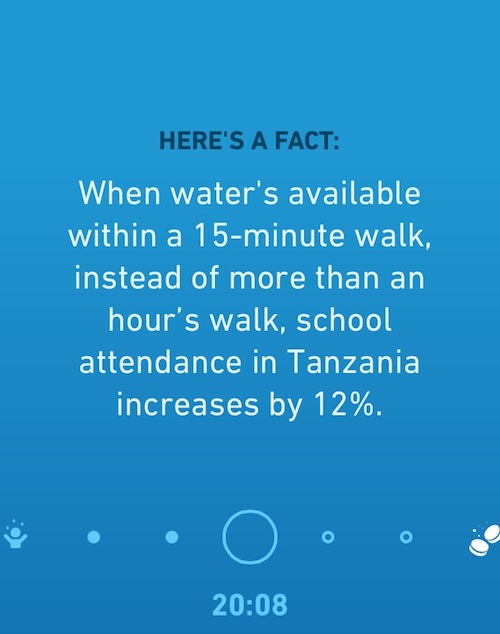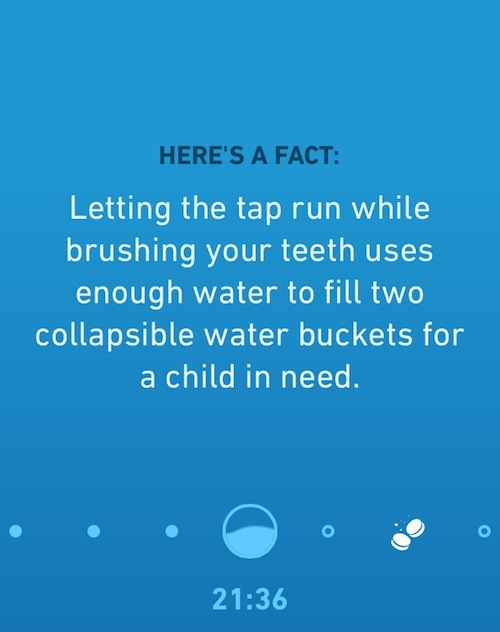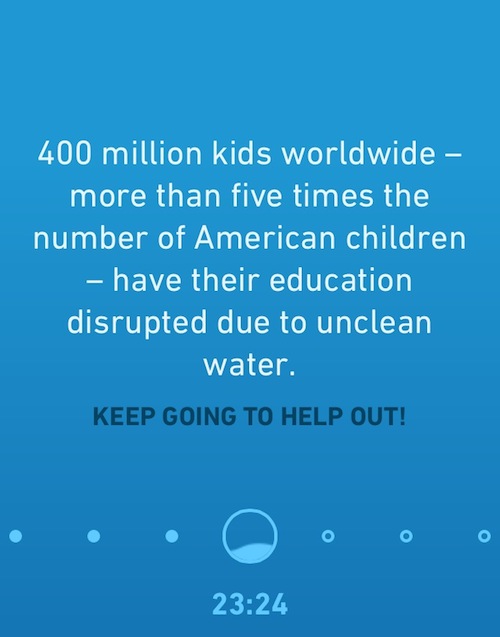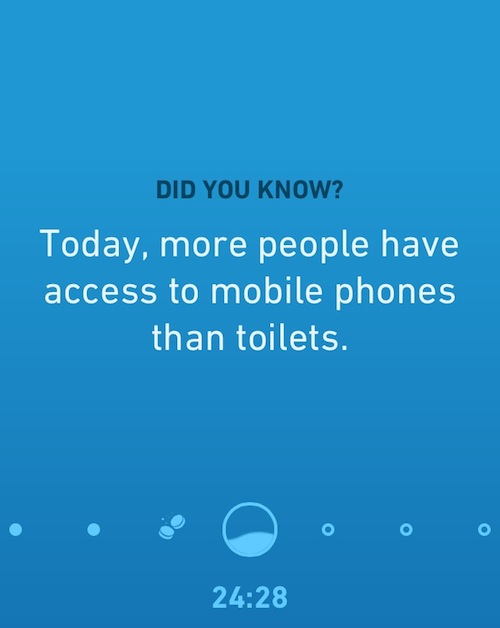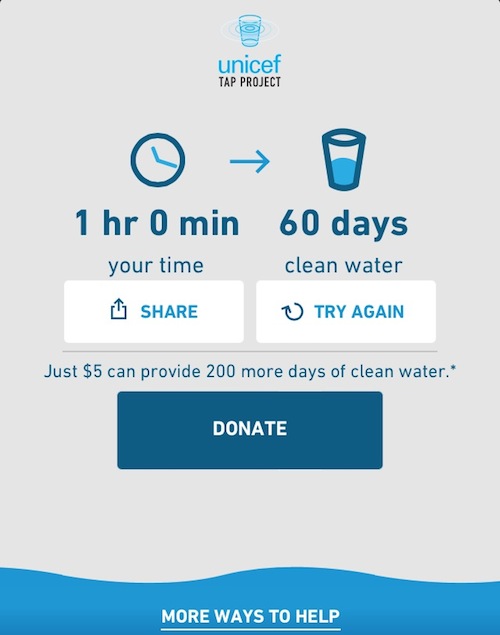What makes up 70% of a human's body weight? What is the world covered in, but we can only use 3% of? If you said "water" you are absolutely correct. The majority of available water, which is not in a glacier and etc. (97% to be exact) is too salty for use. While it would be logical to try to convert salt water into a fresh water that is consumable by humans, current desalinization processes are costly.
Another issue at hand is the distribution of water. This distribution to put it shortly, is at extremes. While some people are forced to walk miles daily for clean (or clean enough) drinking water, others have the luxury of hour-long showers and leaving faucets on whole brushing teeth.
What I find to be a puzzling concept is that water costs more in poor, developing countries than it does in developed countries. The explanation behind this, is that people in those said countries would either have to walk miles themselves to get a bucket-full of water or hire and depend on someone to do this task for them. This reliance leads to many shady dealings and overpriced water that might not even be clean.
While not all of us may be able to donate money to UNICEF to help support their goal of clean water for everyone, a majority of us can use our cellphones to help fight for the cause. By merely donating your time and cellphone battery (no money involved) you can help people in need receive water purification tablets.
This program is known as the "Tap Project" and to participate all you need to do is go on is "tap.unicefusa.org" and set your phone down on the time screen. As long as your phone remains where you set it, the time will add up and certain time checkpoints get a certain # of water purification tablets. The minute you pick up your phone, is when the time will stop and you can choose to turn in your minutes, or change your mind and set your phone back down.
Throughout the time your phone is down, UNICEF shares "Did You Know" facts in regards to water, some of which have surprised me greatly and I have included below.
What I found out about the project is that it tends to run cellphone battery pretty quickly. So whenever my phone needs charging, I will set it in the outlet and turn the project on my screen and collect the minutes while it is being charged.
I hope some of you will find this project time and battery worthy and invest some minutes into the project!
